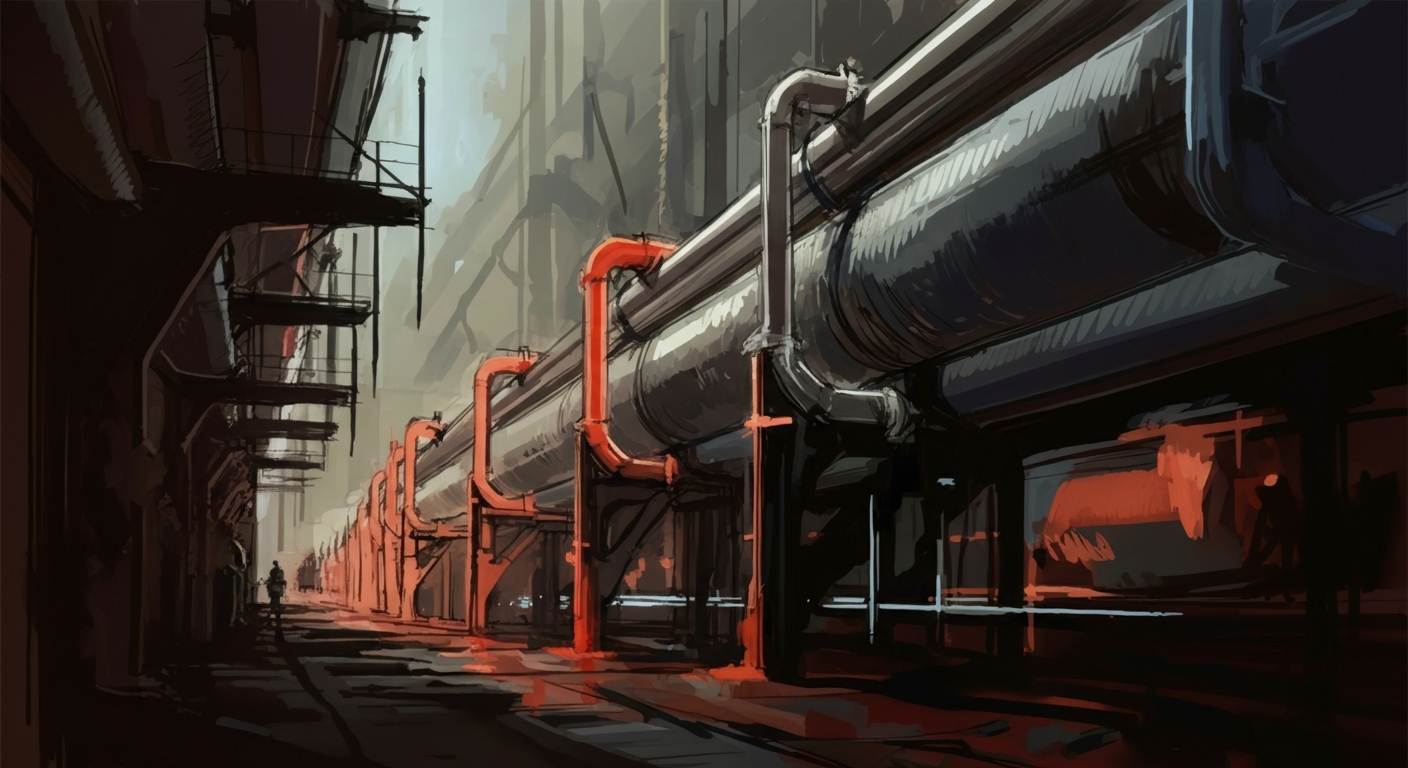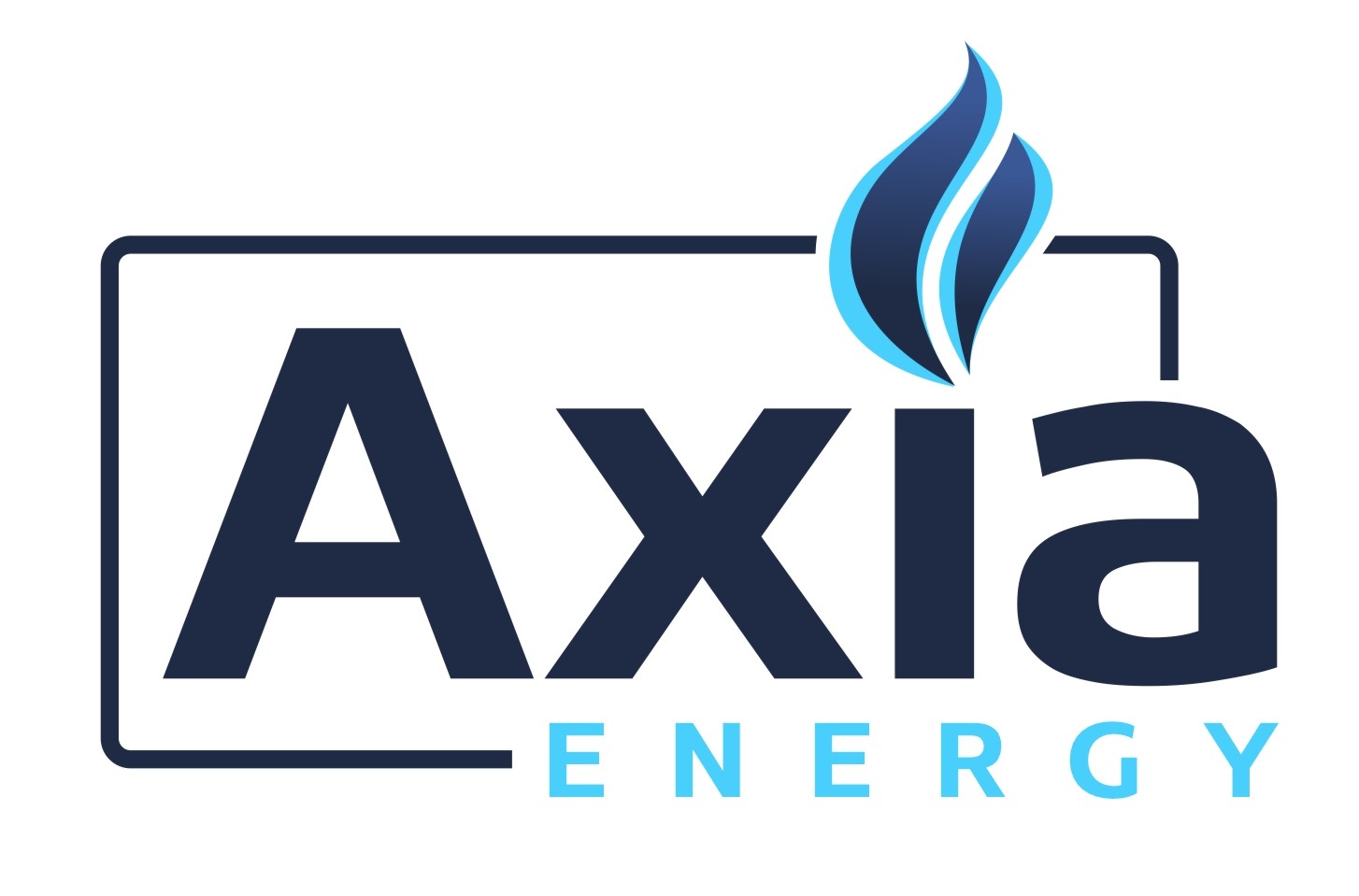How AI Facilitates Real-Time Response to Threats

In the oil and gas pipeline sector, threats can emerge in an instant—a sudden pressure drop, unauthorized activity near infrastructure, a potential cyber intrusion, or an environmental hazard. Traditional response models often struggle with delayed detection, fragmented data, and human limitations in analysing complex scenarios quickly.
Today, Artificial Intelligence (AI) is changing that narrative. With the power to process vast streams of real-time data, identify anomalies, and trigger automated or guided responses, AI enables pipeline operators to move from reaction to rapid, intelligent action.
At AXIA, we design AI-driven response frameworks that empower teams to detect, assess, and neutralize threats before they escalate protecting assets, personnel, and the environment.
Why Real-Time Response Matters
Every second counts when dealing with pipeline threats. A delayed response to a leak, intrusion, or system failure can result in:
- Environmental contamination
- Explosions or fires
- Product loss
- Regulatory penalties
- Reputational damage
Fast, informed decision-making is critical, and this is where AI excels.
AI’s Role in Real-Time Threat Response
1. Continuous Monitoring and Pattern Recognition
AI systems ingest data from diverse sources: SCADA, IoT sensors, surveillance cameras, drone feeds, and weather monitoring platforms. Machine learning algorithms continuously learn baseline behaviors of the system and quickly spot deviations that may indicate a threat—often faster than a human ever could.
For example, AI can recognize a subtle drop in pressure that suggests a leak is forming, even before the loss is detectable by conventional alarms.
2. Threat Classification and Prioritization
Predictive maintenance is one of AI’s most powerful applications. By analNot every alert requires the same level of urgency. AI classifies detected anomalies based on severity, location, and potential impact. It uses contextual intelligence, such as weather conditions, asset criticality, and historical threat patterns, to prioritize alerts and reduce false positives.
This enables security teams to focus on high-risk issues without getting bogged down by noise. Using historical failure data and comparing it with current operating conditions, AI can estimate when and where components are likely to fail.
This allows operators to schedule targeted maintenance, reducing unplanned shutdowns and extending asset life.
3. Automated Response Triggers
In some cases, AI systems can initiate pre-programmed responses to specific threats. These might include:
- Automatically closing valves in the event of a confirmed rupture
- Sending drones to inspect remote sites
- Isolating affected network segments in a cyber incident
- Notifying emergency responders with real-time situational data
These rapid interventions help contain damage and minimize downtime.
4. Decision Support for Operators
AI also supports human operators by providing real-time recommendations based on scenario modelling and historical data. For instance, in the case of a multi-site intrusion, AI might suggest optimized routing for response teams or simulate the outcome of different containment strategies.
This augments human decision-making and ensures faster, more accurate actions.
AXIA’s AI-Powered Approach
At AXIA, we deploy AI not just as a technology—but as a strategic layer of intelligence. Our systems are designed to integrate with your existing infrastructure, adapt to your operational workflows, and deliver real-time visibility and control when it matters most.
Whether it’s detecting threats before they become incidents or orchestrating an immediate response, AI empowers your teams with the clarity and speed to stay ahead.
Conclusion
The future of pipeline security lies in AI-enhanced situational awareness. By enabling intelligent real-time responses, AI turns complex threats into manageable events. It’s not just about faster alerts—it’s about smarter, safer operations.
At AXIA, we bring the future of threat response to your pipeline today. Are you ready to activate intelligence on demand?

